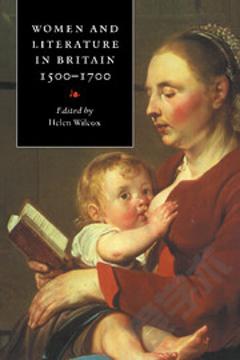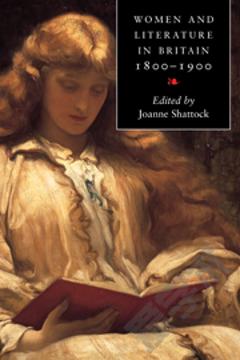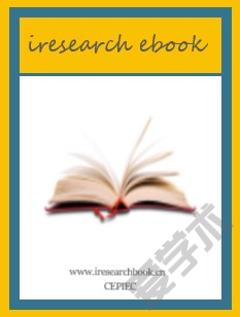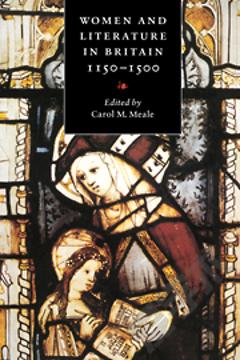Gender and Language in British Literary Criticism, 1660–1790
During the eighteenth century, British critics applied terms of gender to literature according to the belief that masculine values represented the best literature and feminine terms signified less important works or authors. Laura Runge contends however that the meaning of gendered terms like 'manly' or 'effeminate' changes over time, and that the language of eighteenth-century criticism cannot be fully understood without careful analysis of the gendered language of the era. She examines conventions in various fields of critical language - Dryden's prose, the early novel, criticism by women, and the developing aesthetic - to show how gendered epistemology shaped critical 'truths'. Her exploration of critical commonplaces, such as regarding the heroic and the sublime as masculine modes and the novel as a feminine genre, addresses issues central to eighteenth-century studies.
{{comment.content}}








 京公网安备 11010802027623号
京公网安备 11010802027623号